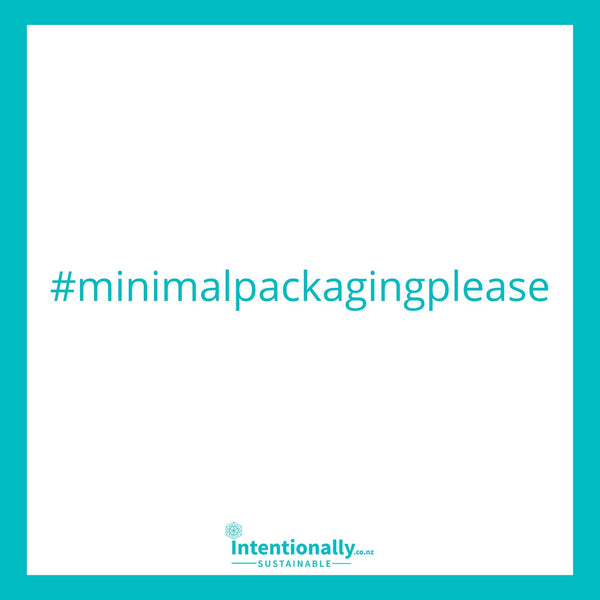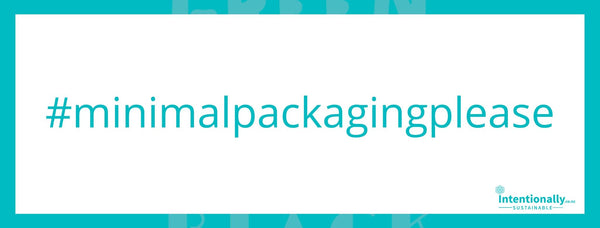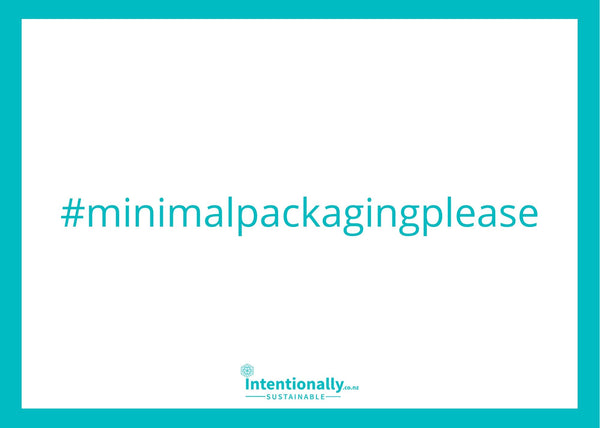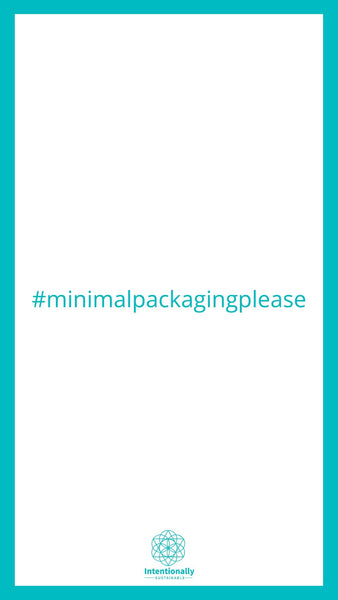You have probably heard there is a giant floating island made of plastic in the Pacific Ocean, but did you know it is five times the size of New Zealand? That is from Cape Reinga to Bluff X5, not only that but reports state that the plastic vortex on the Pacific is growing by one football field every second!
Combine that with the overall rise in plastic production with 1950 producing around 2 million tons of plastic per year, compared to 2015 with 381 million tons of plastic produced. A pretty hefty increase and just a tad concerning to think if this is what is out there now, add that to the increase in production, it doesn't take much to imagine what is to come if we don't change our consumption habits. Plastic Free July is a good reminder, encouraging both individuals and businesses to be mindful of plastic consumption.
Indeed we do all know the hazards of plastic by now, we know about plastic bags, plastic bottles, single use lunch bags and wraps. However, one of the main biggest causes of pollution is one you may not even know exists. Most will never see the scary and exorbitant amounts of hidden pollution within supply chains and stores.
So this Plastic Free July we are begging you all to use, share and scream these 3 tiny words from the rooftops MINIMAL PACKAGING PLEASE.
Online Shopping Growth
We can't deny the advantages that online shopping provided over recent times, with no contact and no leaving the house. So it wasn’t surprising to see the digital drive caused by covid-19. With many resorting to ecommerce for the first time and discovering the advantages and convenience online shopping has to offer.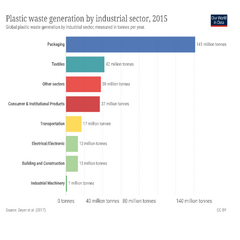
Many reports suggesting that e-commerce will reach over $4.5 trillion by 2021, a 246% increase within the past six years. Industries are adjusting to new technologies to meet consumers growing digital demand, as will the enormous flow of excess bubble wrap and other packaging waste that is discarded throughout the supply chain.
But does the environmental impact have to grow as more people shop online?
One of the great advantages with online sales; the products are going directly to you, the consumer!
This is so powerful as it means that you are in charge, you call the shots, so you can choose to add three simple words that will make a huge difference #minimalpackagingplease! Pretty easy right?
Packaging Paralysis
I still remember our first shipments arriving for Intentionally Sustainable, we had done our homework, spent uncountable hours, days, weeks, months clawing through piles of certifications, negotiating with manufacturers, costumes and the rest but the boxes were finally here. It was so exciting, I could barely wait until they were off loaded, only to rip into them and be absolutely heartbroken. I couldn't believe it, all of our beautiful ‘eco’ items were cloaked in layers upon layers of unnecessary plastic wraps and bags, it was hideous!
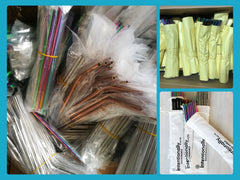 Thus marking the beginning of my journey into the product packaging abyss. It was admitidy something I had not accounted for, in all of the planning and all of the research and everything else not once I did think that I would spend all of my hours in a typhoon of packaging discussions and debates. I could have sworn someone was pranking me, cutlery was arriving with each piece inside the case bagged individually, then the case itself in a plastic bag. Stainless Steel Straws all individually bagged, I am glad it was only that first order. I contacted hundreds of suppliers and a grand total of ‘zero’ of them had alternatives, it was insane.
Thus marking the beginning of my journey into the product packaging abyss. It was admitidy something I had not accounted for, in all of the planning and all of the research and everything else not once I did think that I would spend all of my hours in a typhoon of packaging discussions and debates. I could have sworn someone was pranking me, cutlery was arriving with each piece inside the case bagged individually, then the case itself in a plastic bag. Stainless Steel Straws all individually bagged, I am glad it was only that first order. I contacted hundreds of suppliers and a grand total of ‘zero’ of them had alternatives, it was insane.
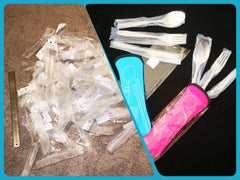 As a company we knew we could not but this all in only to remove a sea of plastic so we could send a pretty little eco product to you, instead ordering in bulk and specifically requesting items are sent without packaging. We would then individually package each item ourselves before it is ready to be ordered and eco-shipped to you, hence maintaining our ethically and intentionally sustainable albeit an exchange for any form of life we may have previously had.
As a company we knew we could not but this all in only to remove a sea of plastic so we could send a pretty little eco product to you, instead ordering in bulk and specifically requesting items are sent without packaging. We would then individually package each item ourselves before it is ready to be ordered and eco-shipped to you, hence maintaining our ethically and intentionally sustainable albeit an exchange for any form of life we may have previously had.
The good news is that more companies are adopting alternatives to plastic packaging in response to consumers becoming more aware of plastic packaging pollution and driving more eco-friendly solutions like adding a note to each order requesting #minimalpackagingplease.
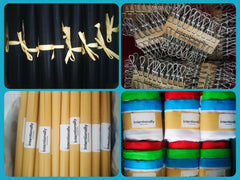
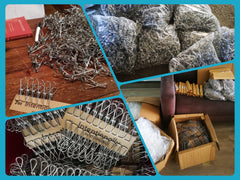
Plastic Free July and The Impact of Individuals
Plastic Free July is a great way to realize how much plastic we all waste on a casual basis. More people will realize how easily they can survive without plastic in their daily lives.
This Plastic Free July we are encouraging everyone to Take The Challenge and remove one disposable item from their daily life as a great way to reduce plastic consumption and disposable waste.
It is only fair to note that whilst every step counts, simply exchanging the one item for use of other materials without addressing overall consumption is not enough to reduce the environmental toll.
Use what you have: a simple glass jar represents a myriad of opportunities. Use to store food, take soup to work, shake up your fav drink, store sugar away from ants, store buttons and other fiddlely nic nacks, freeze leftovers (leaving a ¼ gap at the top and not going straight from or to heat, and loads more.
Buy less, choose well, make it last....and feel free to share any of the images below with your family and friends so everybody requests MINIMAL PACKAGING….please x
